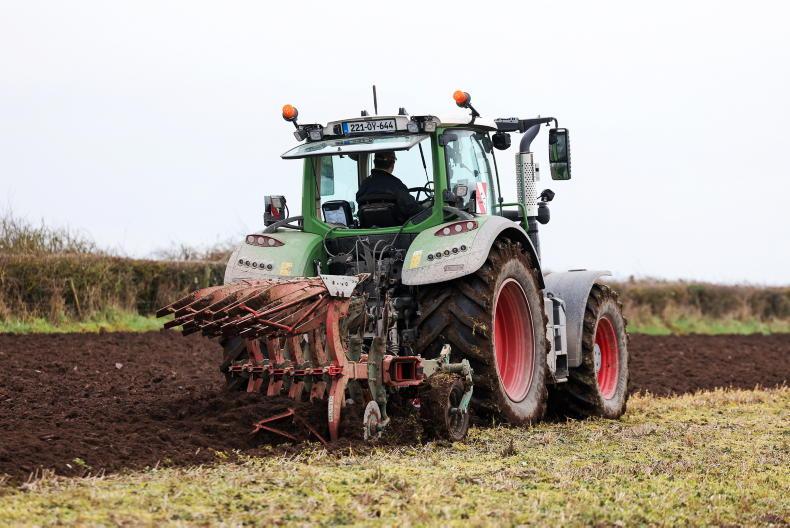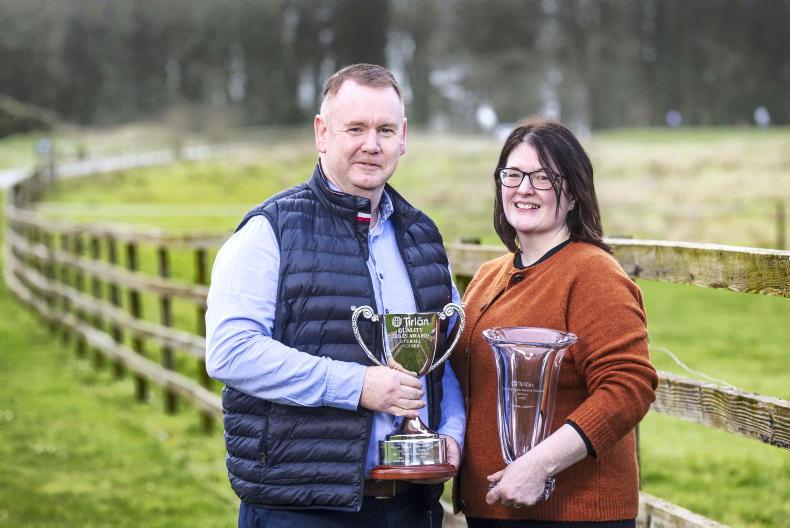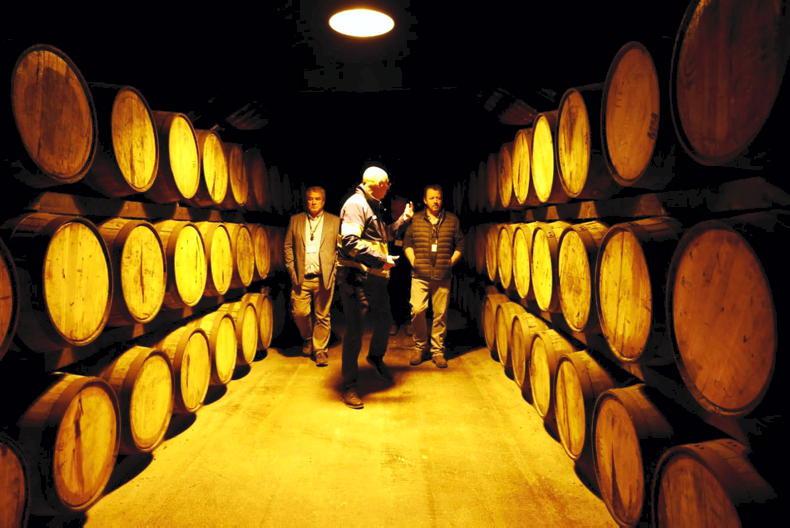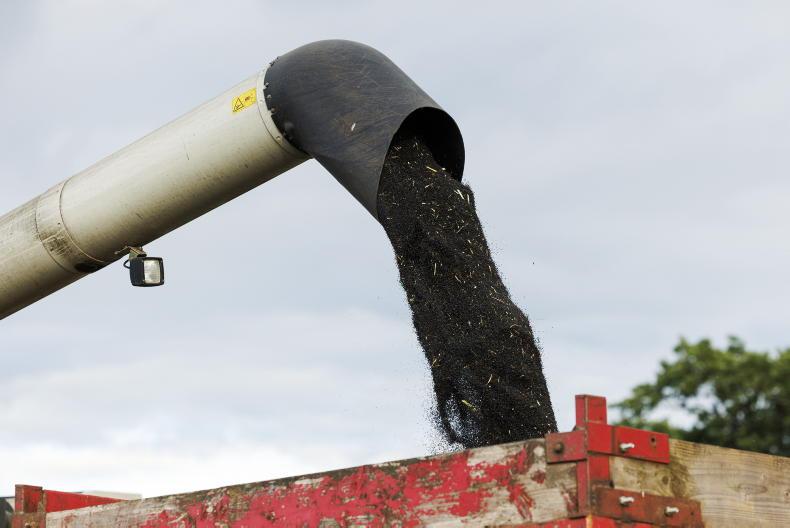A new set of 720 EU parliamentarians are in the process of being elected this week to represent the 26 countries in the EU.
There will be 14 from Ireland, and each one is important. EU crop farmers and food producers are one voice searching for change to stay afloat, as farmers from other countries and trading blocks sweep past us.
In the midst of a barrage of issues, the whole topic of genome editing is being adopted by many non-EU countries. It allows their farmers across the world to power ahead, increasing yields and improving characteristics more sustainably than we can in the EU.
Science has shown that there is so much we can do using genetics to improve virus and fungus resistance, herbicide tolerance, improve fatty acid composition and increase vitamin concentrations etc. All these impact yield and the bottom line for farmers. All impact biodiversity and environmental sustainability.
Often it’s not until it stares you in the face that you fully understand what is happening. I sat last week in Bayer crop science headquarters – the global biotechnology company, in Missouri, in the United States. Side-by-side, they had two maize plants infected with rootworm.
One plant was thriving and twice the size of the other as it had the genes to withstand the infection. Bayer was displaying the difference to gain commercial advantage and show what they have invested in to benefit farmers using their variety. The visual difference was night and day.
This week I was in east Cork at the Goldcrop variety day listening to farmers and trade talk about the management required to attain reasonable yields and quality.
The management effort, crop rotation, and the cost required from Irish tillage farmers to produce barley varieties suitable for roasting or to feed livestock is phenomenal. Relative to what soybean and maize farmers in the mid-west US have to do, it’s a world apart.
Legislation
The fact is under current EU GMO legislation it is virtually impossible to get a crop authorised for cultivation.
Genome editing through the use of CRISPR is a breeding technology that enables scientists and plant breeders to introduce desired breeding properties into plants in a very targeted manner.
It’s different to genetic modification and is considered similar to the natural breeding process.
Why is this technology important? It speeds up change and makes the possibility of positive changes such as fungus or virus resistance in varieties happen faster.
Our farmers are expected to change to using less nutrients and sprays almost overnight. Our farmers are expected to continue to produce low margin food in a tighter regulatory environment, and yet their hands are tied behind their backs.
Global change
China approved the first gene edited wheat in May. Genome edited wheat field trials got the go ahead from the UK government last autumn.
Scientists across the world have shown that they can reduce disease susceptibility, which eases management and cost pressures on a sector under severe pressure to stay alive and in existence.
A seasoned farmer came up to me at the east Cork display on Tuesday and said 25 years ago he was ready to sow GM beet, but the shackles were put on.
Since then, that farmer has had to manage beet crops with more nutrients, better sprays, and more cost – what’s environmentally or financially sustainable about that?
Europe wants and needs this technology. Our own government wants it, but political bargaining between some EU countries seems to slow progress.
A more right wing leaning EU parliament should in theory be good news for adopting technology like this. We have the Green Deal, Farm to Fork etc, yet it seems we do everything to outsource our food production. It’s hard to make sense of that.
It was a pleasure to see and hear tillage farmers discuss the merits and negatives of new and existing varieties.
More importantly for the sector, it was good to see grains on winter cereals swelling in the June sunshine. The promised rain on Thursday and Friday will also be very welcome.
Not a free-for-all
As UCC crop professor Barbara Doyle Prestwich says, we either believe science or not, nobody is expecting a free-for-all, nor should there be. Let’s have this product regulated.
It is technology we ignore at our peril. Why should a vocal minority set the agenda and effectively use political noise to stop sustainable progress? We want safe food. We say we want locally produced food.
If we don’t move soon on this, we won’t have any tillage farmers left. It’s like rare breeds of cattle – sometimes we leave it too late to classify them as rare breeds and the best genetics of the breed have disappeared. Let’s not make tillage farmers the Kerry cow of the food and agri sector.










SHARING OPTIONS